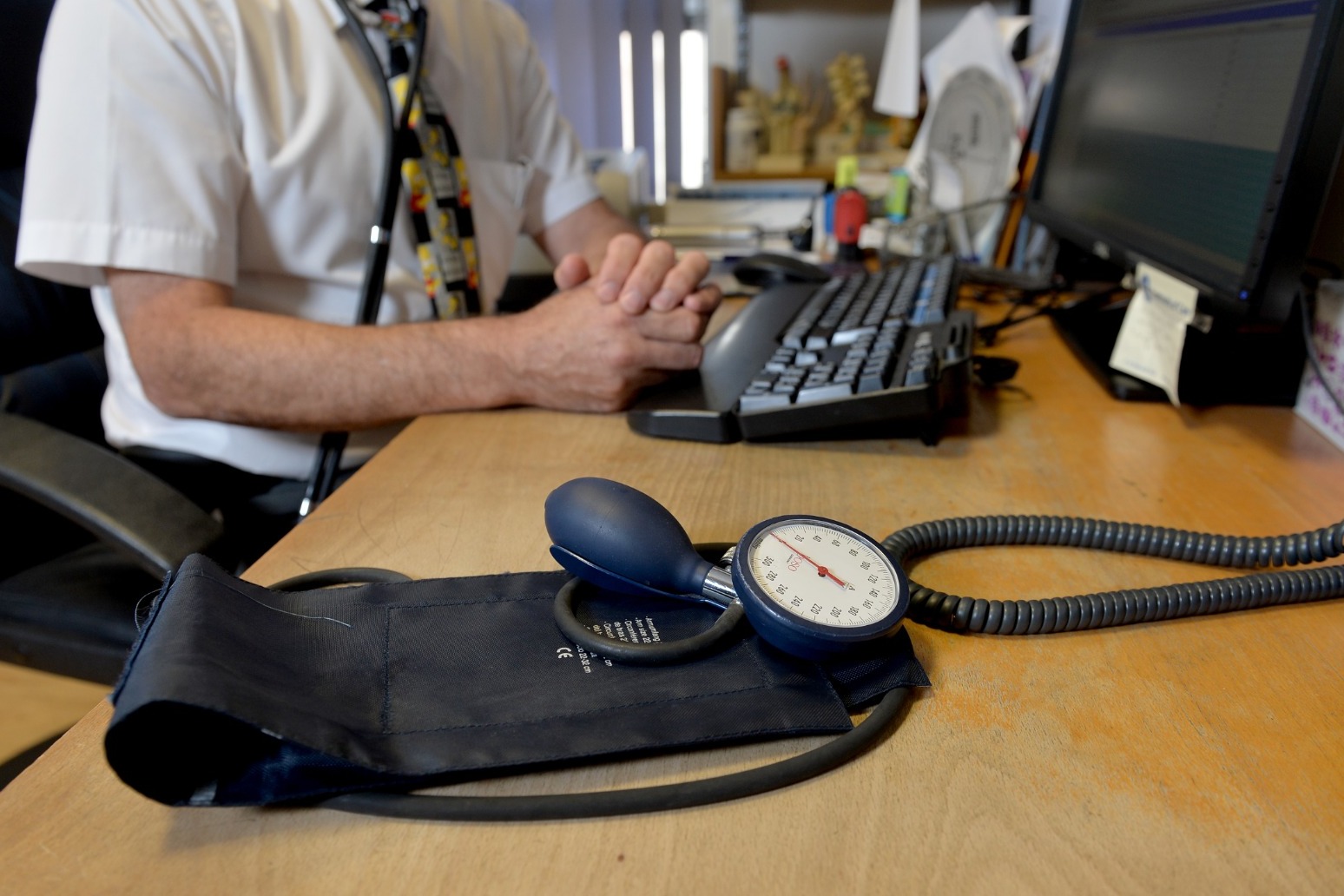This website uses cookies so that we can provide you with the best user experience possible. Cookie information is stored in your browser and performs functions such as recognising you when you return to our website and helping our team to understand which sections of the website you find most interesting and useful.
GP appointments over the phone or online can put patients at risk
29/11/2023

GP appointments over the phone or online can miss serious illnesses and put patients at risk, according to a new study.
Researchers said mistakes via remote consultation are rare, but there is a risk of patients being under-diagnosed, GPs being swayed by what has been said previously, and less qualified staff not acting on signs of illness.
The study, published in BMJ Quality and Safety, looked at data from 95 UK safety incidents between 2020 and 2023 (including from during the pandemic), such as complaints, settled compensation claims and reports. Interviews with practice staff were also included.
Some of the errors made related to serious conditions such as congenital heart disease, pulmonary oedema, sepsis, cancer and diabetic foot complications “which would likely have been readily diagnosed with an in-person examination”, the study said.
It added: “Several safety incidents involved clinicians assuming that a diagnosis made on a remote consultation was definitive rather than provisional.
“Especially when subsequent consultations were remote, such errors
could become ingrained, leading to diagnostic over-shadowing and missed or delayed diagnosis.”
In one case, a woman in her 70s experiencing sudden breathlessness was told by a GP receptionist she would be called back but this never happened as the receptionist became distracted by a patient in the waiting room. The telephone patient deteriorated and died at home that afternoon.
In another case, NHS 111 staff failed to diagnose a pregnant woman with premature rupture of membranes and instead she was taken down a “urinary problems algorithm”.
Elsewhere, a 16-year-old girl also died of sepsis after a GP spoke to her older sister on the phone and mistakenly diagnosed glandular fever.
Other cases involved missed pulmonary embolism in a new mother leading to her death and missed congenital heart disease in a baby.
In some cases, GPs themselves realised the limitations of remote consultations.
One GP said: “I’ve remembered one father that called up. Really didn’t seem to be too concerned.
“And was very much under-playing it and then when I did a video call, you know this child… had intercostal recession… looked really, really poorly. And it was quite scary actually that, you know, you’d had the conversation and if you’d just listened to what dad was saying, actually, you probably wouldn’t be concerned.’”
The study found that patients with pre-existing conditions (and especially if they had several or they were getting worse), and the very young and the elderly “were particularly difficult to assess by telephone”.
Researchers said: “Clinical conditions difficult to assess remotely included possible cardiac pain, acute abdomen, breathing difficulties, vague and generalised symptoms and symptoms which progressed despite treatment.”
The study pointed to “poor rapport building” as an issue when assessing patients, alongside “inadequate information gathering, limited clinical assessment”, patients signposted down the wrong path and “inadequate attention to social circumstances”.
Researchers found that GP surgeries were suffering due to understaffing and high demand.
Ways of training patients and pathways for care were found to be “complex, multi-layered and hard to navigate; some involved distributed work among multiple clinical and non-clinical staff.
The study recommended clinicians ensure the patient knows what the next steps are in their care, while patients should make clear if they are deteriorating.
Professor Greenhalgh, chief investigator from the University of Oxford, said: “The vast majority of remote clinical consultations in general practice are safe, in large part because staff are alert and err on the side of caution.
“When safety incidents happen, organisational pressures and poor communication often play a major role.
“This new research has identified more precisely where the risks lie and what measures we can take to reduce risks further.”
Dr Rebecca Rosen, study author from the Nuffield Trust, said: “Remote consulting is here to stay and the study has identified ways in which to ensure quality and safety.
“Every clinician must be aware of high-risk symptoms for which it’s safer to see patients face to face; must listen and respond carefully to patients who say they need an in-person appointment and should consult face-to-face if a patient has not improved after previous remote consultations.
“We can also ensure that patients have the knowledge and tools to help them to get the best out of their consultations.”
Latest data for England shows 71% of GP consultations are face-to-face while 24% are over the phone.
Published: by Radio NewsHub



